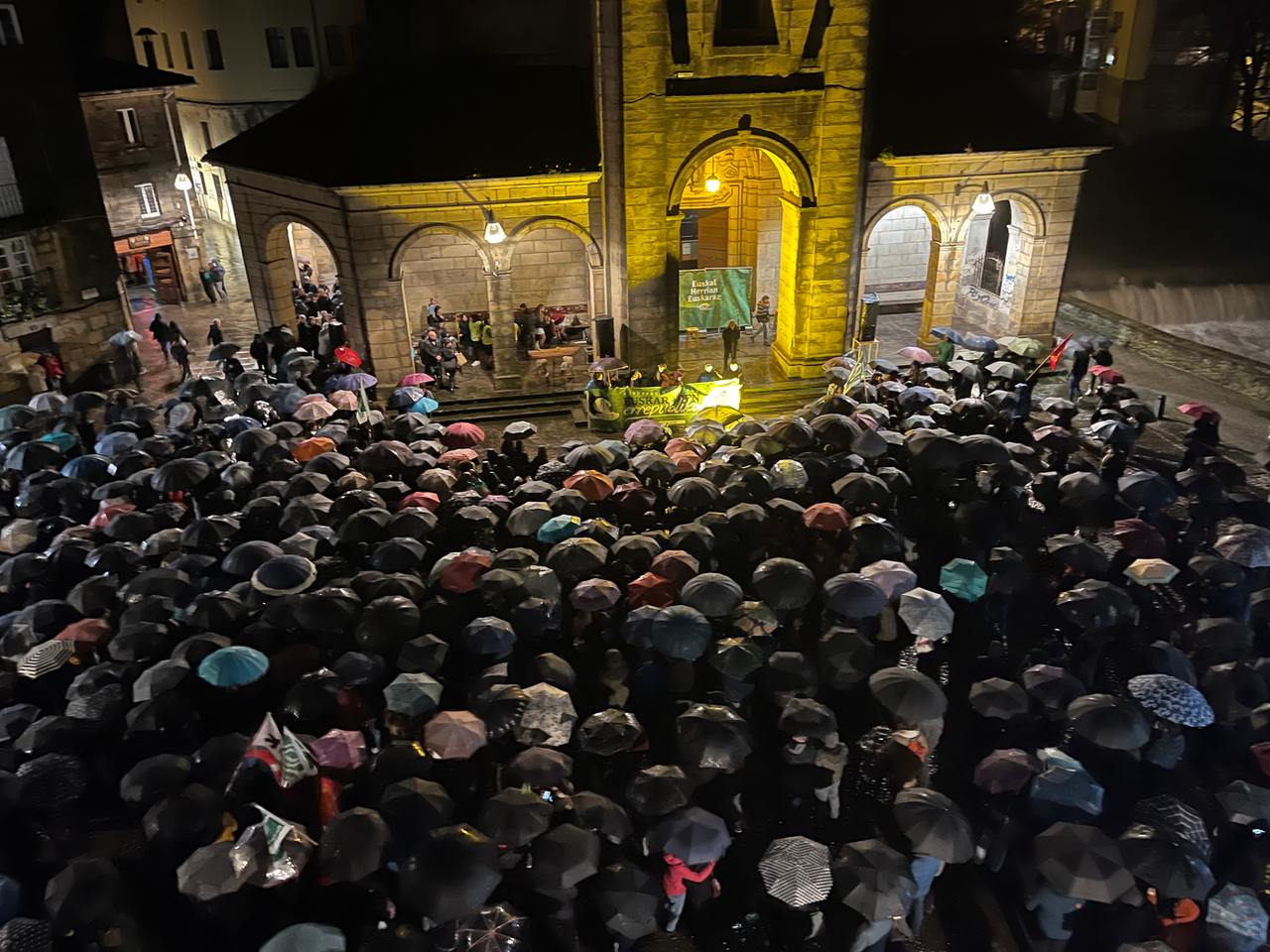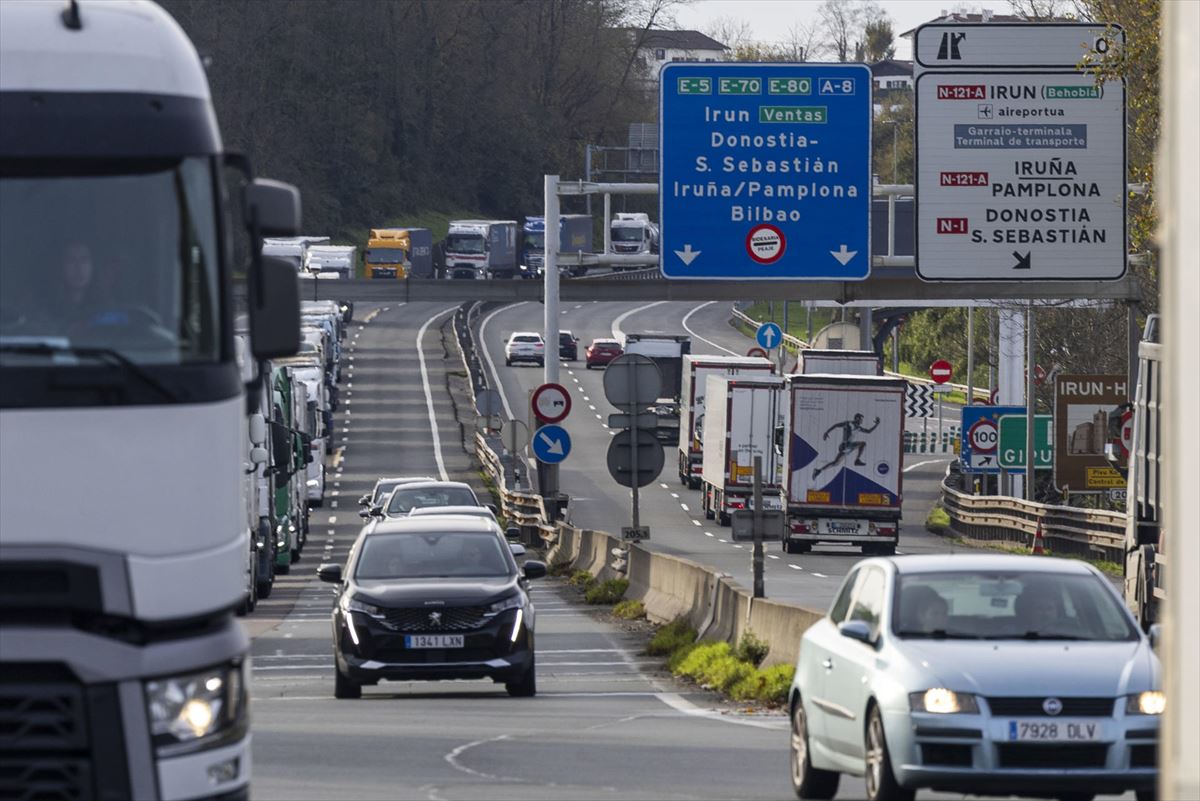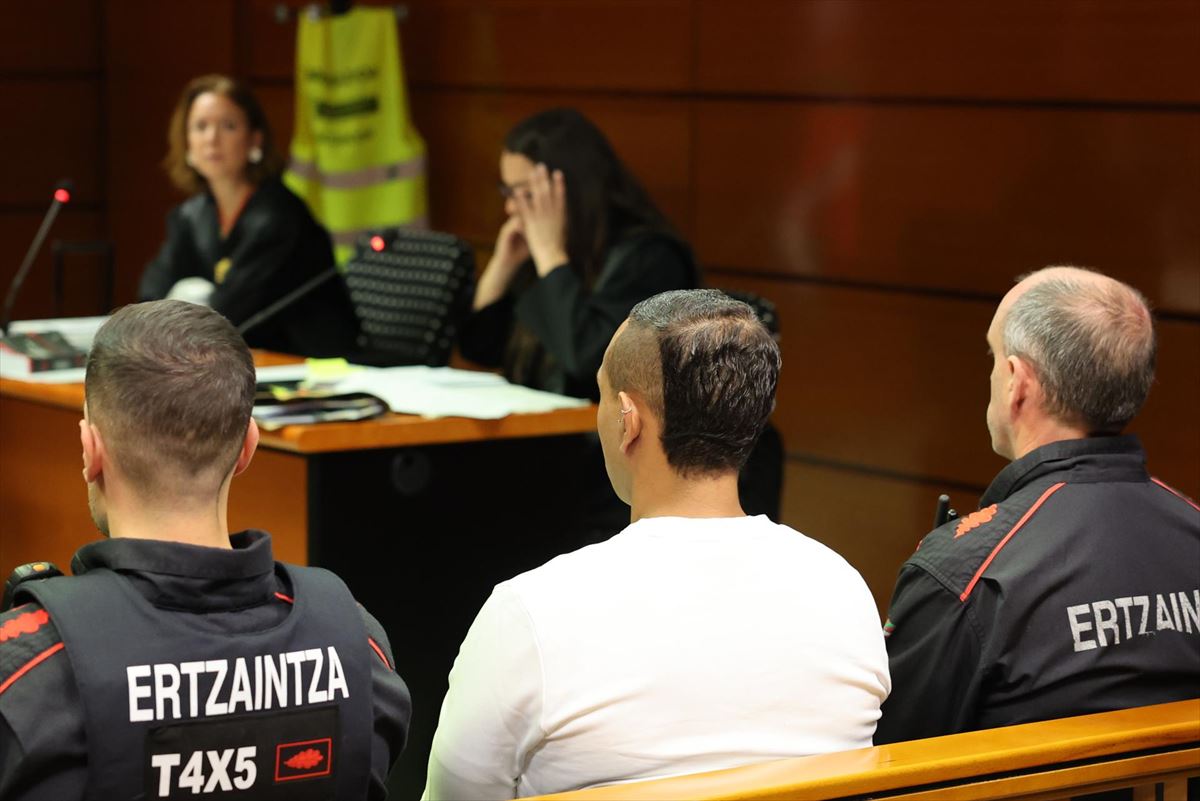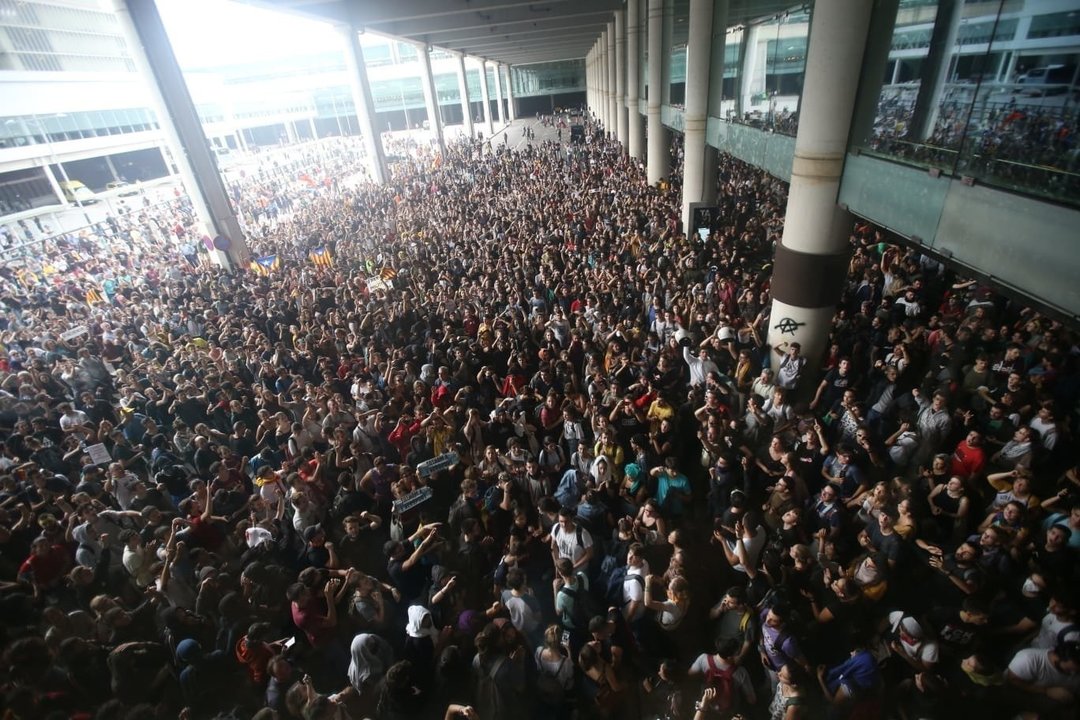On February 7, 2019, an extensive operation of the Ertzaintza, by order of the National Court, arrested Galder Barbado in his home of Delika.
The arrest was the result of an investigation related to a hole found with explosive material in the Alavese people of Dura, and in the same operation arrested the young vitorian Aitor Zelaia. Four years after these events, two young people are still an unclosed case.
Provisional prison
The two youths spent six months in provisional detention. The day after the arrest, they were transferred to the Soto del Real prison in Madrid. In a few weeks they were transferred to Daroca prison in Zaragoza, 367 kilometres from Amurrio.
In August 2019, Barbado and Zelaia were suspended pending trial at the National Hearing.
Judgment and appeal
The COVID-19 pandemic delayed the trial of the two young people and did not take place until January 2021. Meanwhile, Barbado and the daily life of Zelaia are conditioned by the obligation to appear weekly in the court, the prohibition of leaving the Spanish State and strict police monitoring.
On 21 and 22 January 2021, the trial took place at the National Court of Madrid. Prosecutor José Perals, the same as in the case of the young people of Altsasu/Alsasua, demanded an 8-year prison sentence and a 7-year probation for two young people, accused of keeping explosive material for terrorist purposes. The judge was Angela Murillo, the same judge who brought the Bateragune case.
Murillo sentenced Barbado and Zelaia to 4 years ' imprisonment, 1 year ' s probation and 10 years ' disqualification, accusing them of "keeping items to make explosives".
Two years have passed since the publication of the judgment of the National Court, but have not yet received a reply from the Supreme Court to the appeals
The defence and prosecution filed two appeals with the Supreme Court. The defense called for the acquittal of both youths, understanding that during the trial the accusation could not relate the drum found in the town of Dura with the two youths.
The prosecution, for its part, advocated the imposition of an 8-year prison sentence.
Two years have passed since the publication of the judgment of the National Court, but they have not yet received a reply from the Supreme Court to the appeals.
Although the sentence may come from one day to the next, it is an issue that is spreading over time, while the daily lives of both young people remain very conditioned.
Civil Guard cooperation and persecution offers
In this long wait for the judgment of the Supreme Court, the young Galder Barbado reported last year the offers of cooperation and the continued harassment of the Civil Guard, and filed a complaint with the courts.
In May 2022, the Civil Guard detained Barbado in a roadside police control. After long hours of rain, policemen appeared with his face covered, and one of those who appeared with the nickname Harley offered him his cooperation, knowing the situation of Barbado and telling him that he could help.
Amurrio’s young man also refused to receive threatening phone calls and SMS messages from the Civil Guard called Harley in the coming weeks. Besides Barbado, the young man's friends also received calls of this kind. In addition, the police remained on the street.
Wave of solidarity
However, to respond to the situation in Barbado and Zelaia, they have created a great wave of solidarity, organised around the ANkerkakkerStop platform created in 2021.
In recent years, numerous mobilisations have been made to denounce the situation of both young people, as well as initiatives to deal with the costs of prison and judicial proceedings.
One example of this is the concert offered by the Su Ta Gar group in Burubio or the solidarity ball matches held in the Fronton of Amurrio.











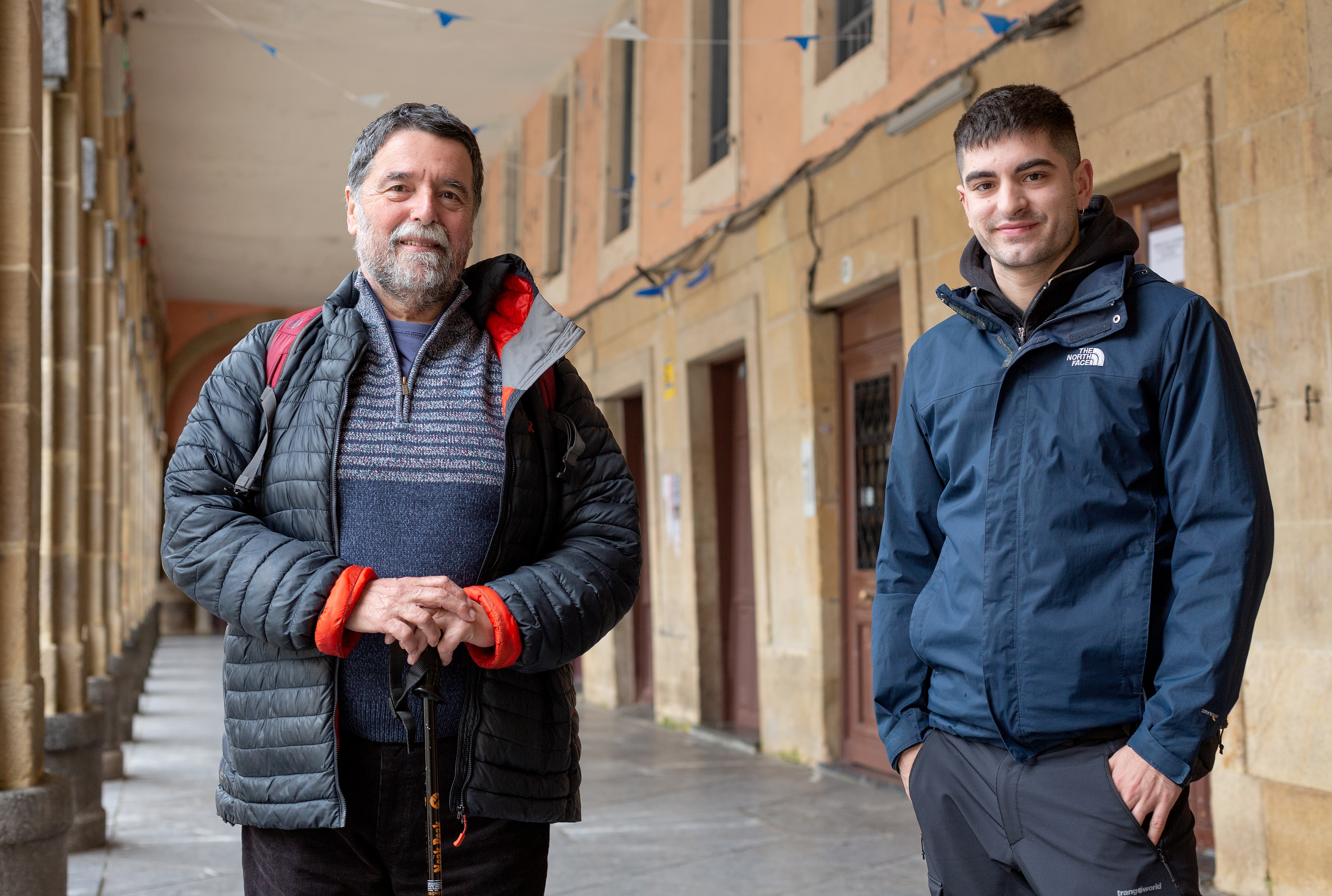
.jpg)
